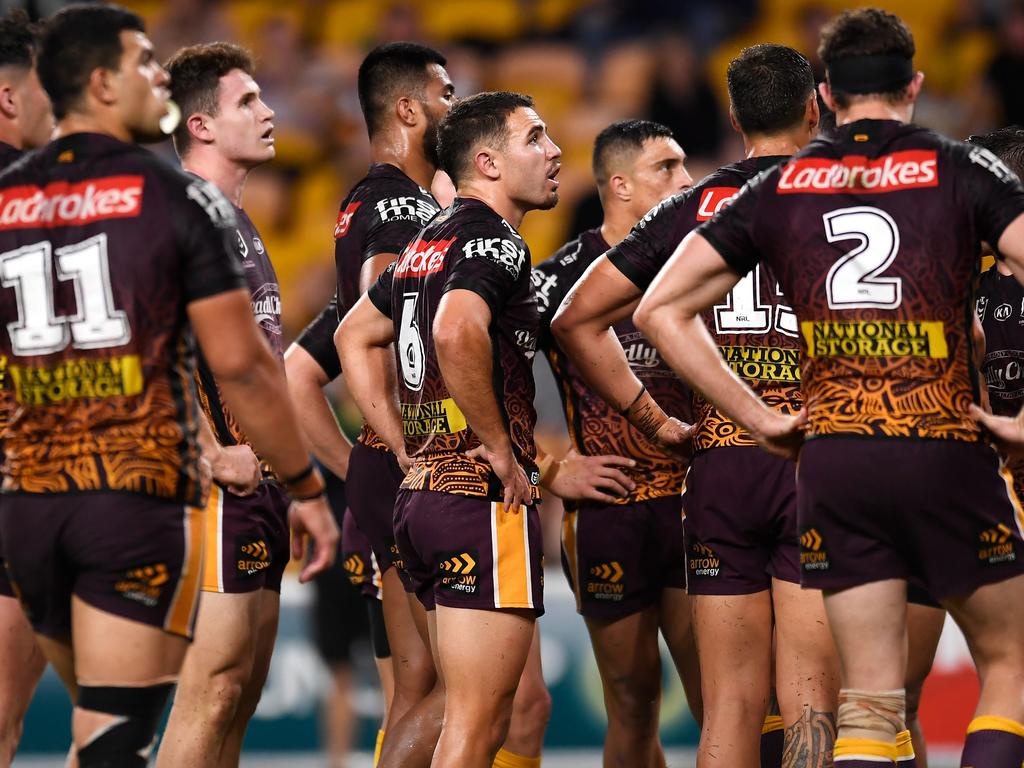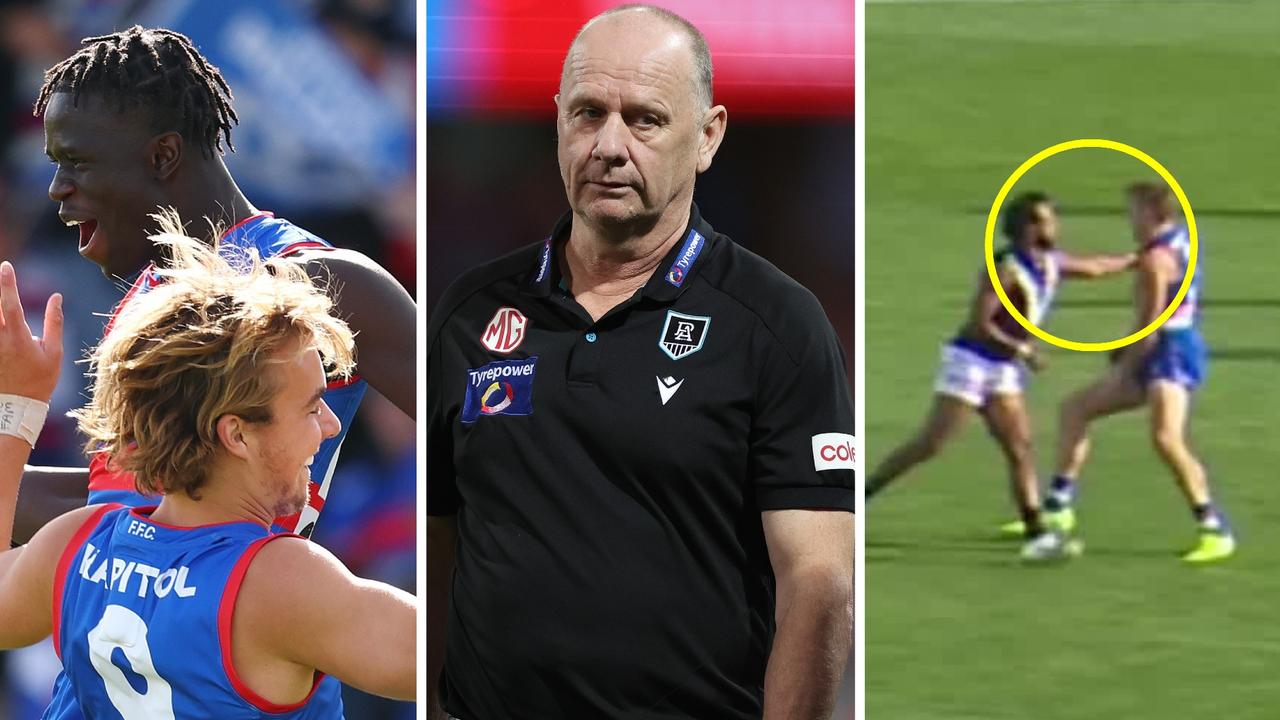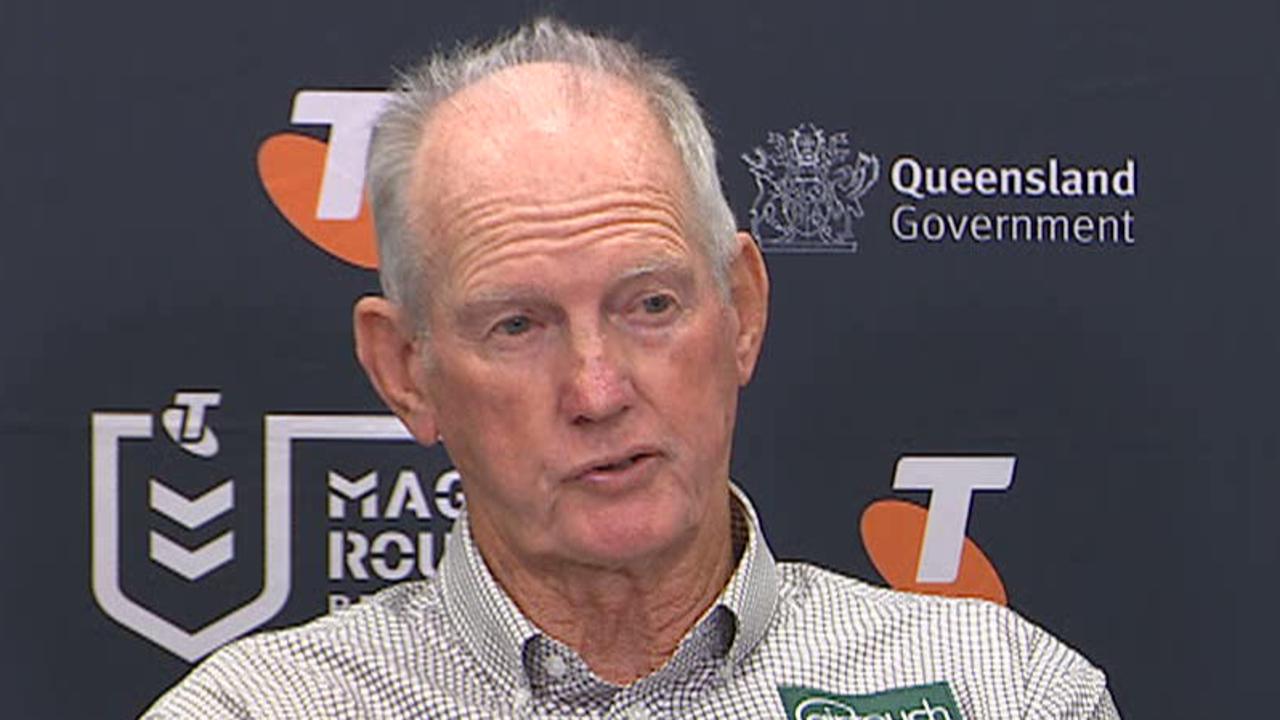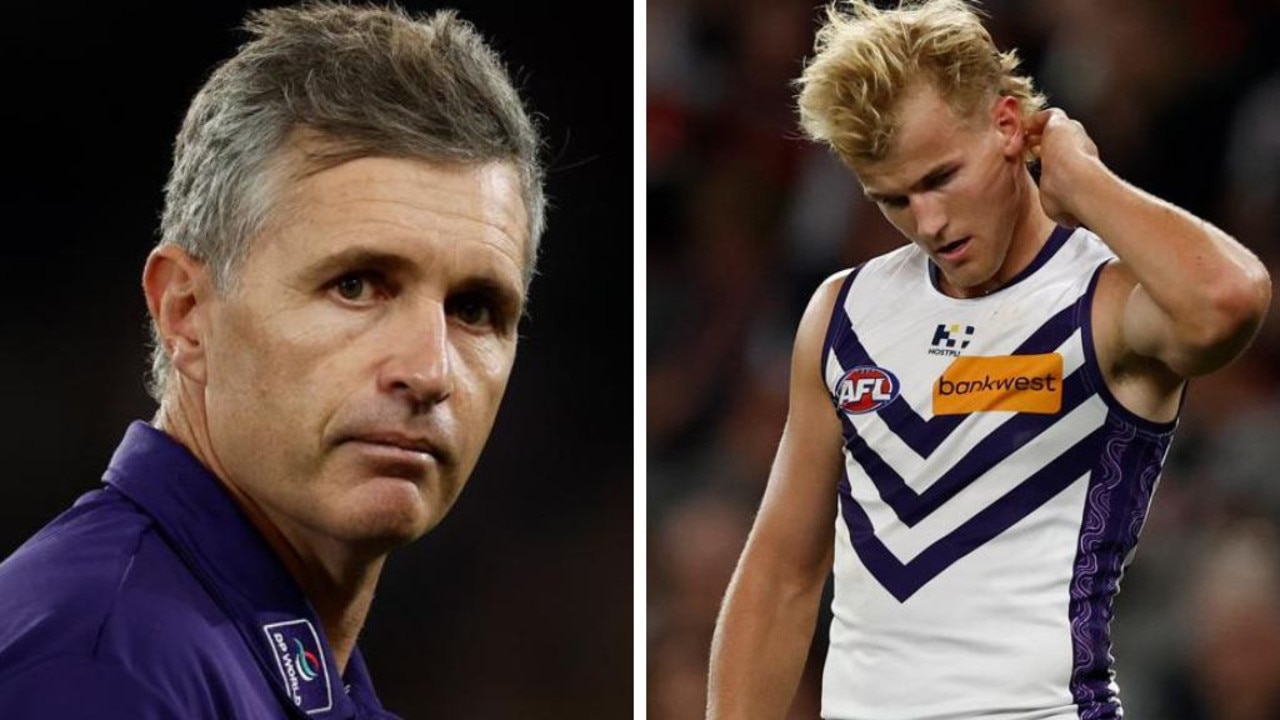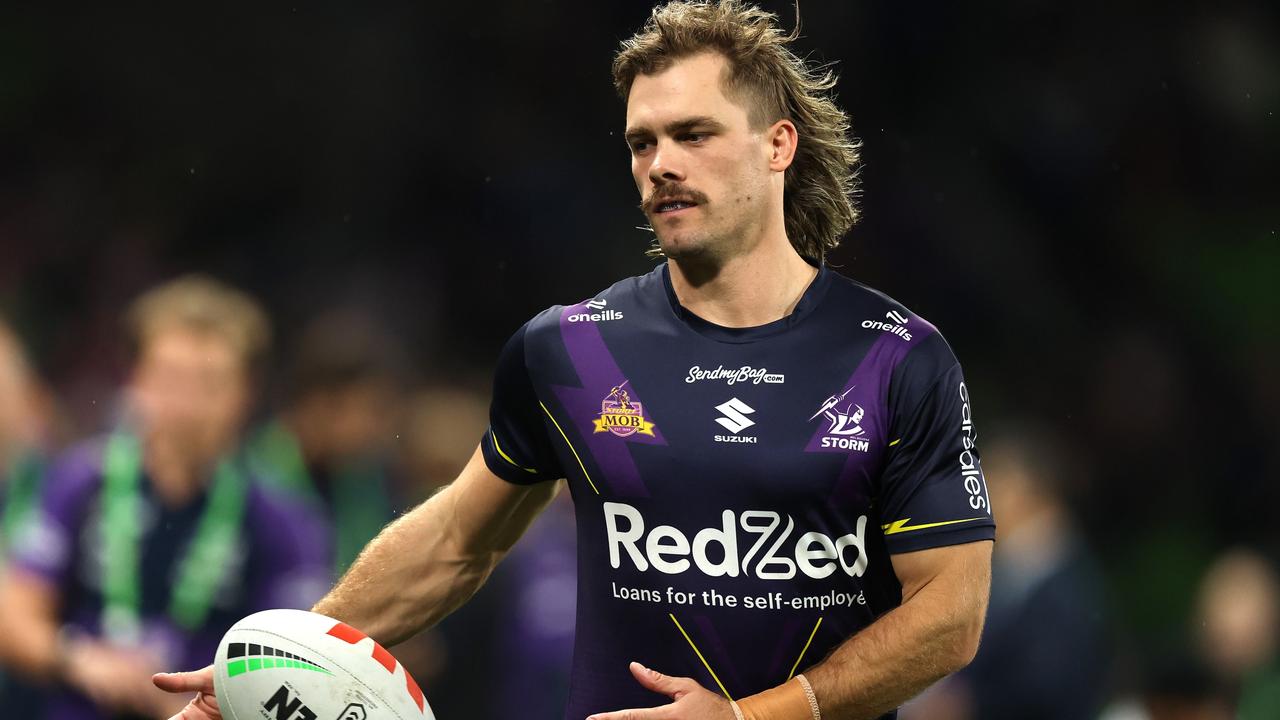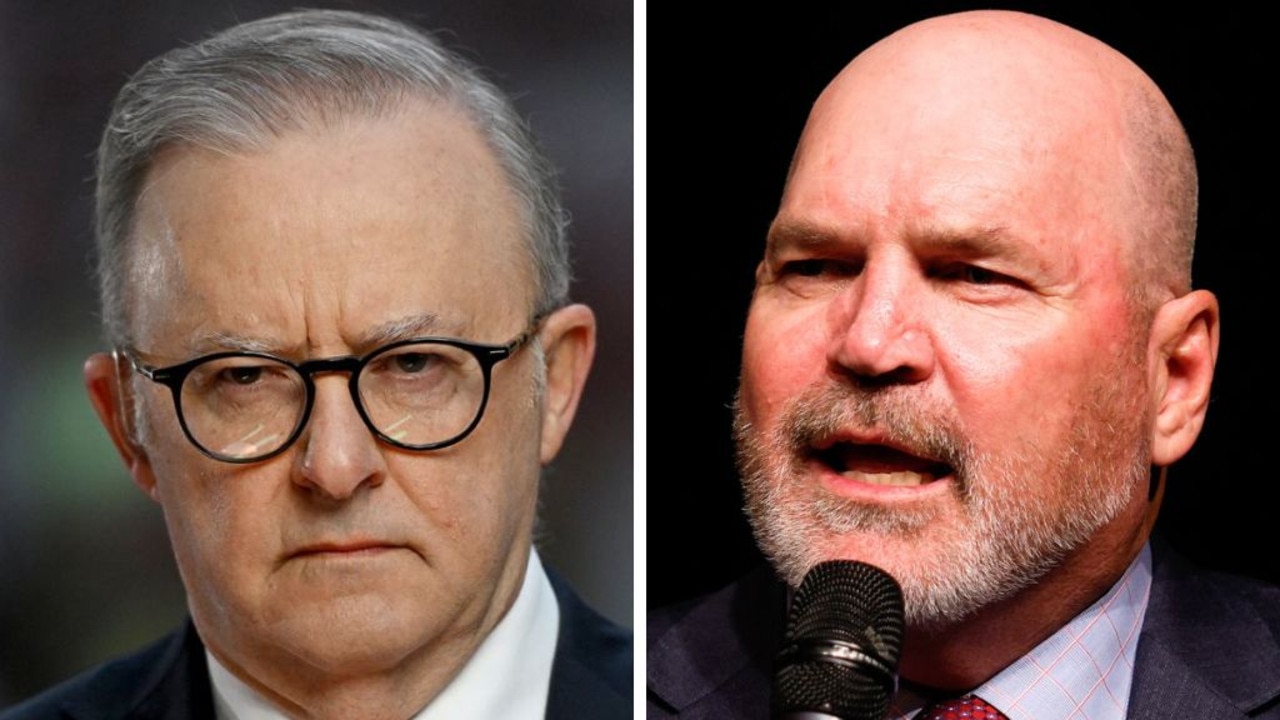Why are there so few women in leadership roles in Australian sport?
Men hearing why Leigh Russell is standing down will say it’s further proof women don’t have what it takes to run a major sport. But they’re wrong and here’s why.
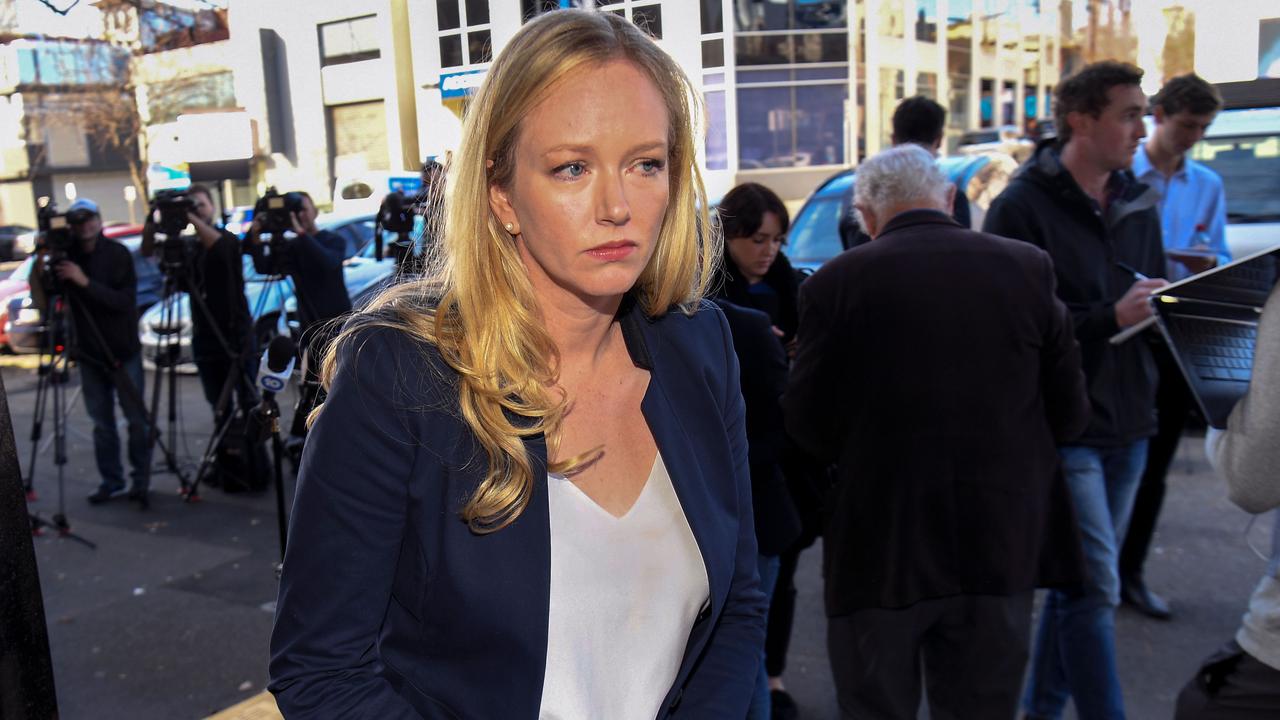
Sport
Don't miss out on the headlines from Sport. Followed categories will be added to My News.
Wednesday is Leigh Russell’s last day as chief executive of Swimming Australia and when people ask her why she has decided to stand down from the position she gives the usual explanations of “wanting to spend more time with the family” and “wanting to explore other exciting possibilities”.
All true, as it happens. But there is more. Frankly, she is exhausted.
Men hearing this will automatically assume that here is further proof that women don’t have what it takes to run a major Australian sport and their argument and logic will ring true because it is, after all, a male world in which we live and operate. But they will be wrong. It’s not the job that wore her down but rather the constant battle as a woman of taking on a mindset so entrenched that it is entirely taken for granted.
Did she encounter problems at Swimming Australia because she was a woman? “That’s difficult to answer,” Russell replies. “The short answer is that when you are ‘the other’ – there are very few female coaches, very few female administrators – you are up against a traditionally male level of thinking. It’s not overt. It’s covert. It is a hard slog.”
The federated system of government in Australian swimming somehow exacerbated the differences. Her style of leadership is collaborative, supportive, challenging. Beating her chest and going to war wasn’t her thing. But a federated model also made infighting almost inevitable.
“No-one has adjusted to a different style of leadership and the truth is that people don’t like being told what to do by a woman.”
A LONELY PLACE FOR WOMEN
Raelene Castle, Rugby Australia’s former boss, could certainly attest to that. She was one of five female chief executives of major sports to quit this year. Now there are only three remaining: Marne Fechner, CEO of Netball Australia but from next year AusCycling, Kitty Chiller of Gymnastics Australia and Basketball Australia’s Jerril Rechter.
“If we are serious about diversity and inclusiveness in sport then the question has to be asked: Why are there so few female leaders?” Russell asked. “And why are the women in these roles not there for any duration?”
For Australia’s female sporting bosses it all came to a head when they were shut-out of a television program on the future of Australian sport. Somewhat astonishingly, the culprit was that bastion of radical feminism, the ABC.
As the coronavirus pandemic crisis bit deeper in June, the Q+A program got together a panel of administrators along with some athletes and a prominent journalist to discuss where sport itself was being driven. But while there was certainly a female component to the program, none of the administrators on the panel were female.
“What was blatantly obvious to the women leading sports in this country was the glaring omission of a female leader talking about the future of sport,” said Russell, who was caught up in a texting frenzy from other female CEO’s at the time.
“And people will say, ‘Get over it, it’s not important’ but, like high performance, creating the future you want is the journey of 1000 steps. And that is just one step. But it’s an easy step. Lots of this stuff is very easy but we have to be conscious to it.
COVID TIMES CAN HELP CHANGE
“We have been given an invitation by COVID to reimagine our future. I hope people respond to the challenge because we have never needed it more.”
Russell is being spoken about as a contender for the Australian Sports Commission job and certainly she would have some vivid insights into problems that transcend swimming. Her experience with the Shayna Jack case has highlighted that sports such as the AFL and the NRL have different agreements with Sport Integrity Australia than do most of the Olympic sport.
The Jack case also demonstrated that as far as the public and media are concerned, supposed drug cheats are painted as the worst offenders in Australian sport.
“We have more patience with sportspeople who are charged with sexual assault or domestic violence than we do with an athlete charged with taking performance-enhancing drugs,” she said. “I think we all feel so passionately about anti-doping that we let the emotion rule the logic.”
Yet the views of Australians are definitely changing in regard to Jack following the halving of her sentence to a two-year ban by the Court of Arbitration for Sport last week. And she may very well come to be viewed in a far more sympathetic light following the release of the CAS judgment on Tuesday, with arbitrator Alan Sullivan QC describing Jack as the most impressive witness he had ever seen in 40 years of practice.
What Sullivan liked about her is what Russell also found so appealing, that she never attempted to use the “dog ate my homework” defence. She could provide no explanation for how she came to have a banned substance, ligandrol, in her system but she never for a moment blamed anyone else.
Jack’s case may well come to be seen as the catalyst for amendments in the anti-doping legislation.
And in a way, Russell’s time at Swimming Australia may well be seen in much the same light – as an agent of change.
Originally published as Why are there so few women in leadership roles in Australian sport?


